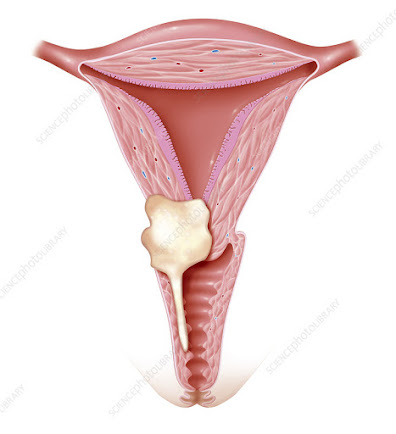Gynecological Cancer Drugs Witnessing Launch of Biosimilars as Cost Effective Alternatives for Cancer Treatment
Gynecologic
cancer is any cancer that affects a woman's reproductive organs such as cervical,
ovarian, uterine, vaginal, and vulvar. It is one of the leading causes of death
among women. According to the
American Cancer Society, about 13,800 new cases of invasive cervical cancer are
expected to be diagnosed in the U.S. in 2020 and the disease is expected to
lead to death of 4,290 women in the same year.
Avastin
(Bevacizumab), Bevacizumab, Bleomycin Sulfate, Hycamtin (Topotecan
Hydrochloride), Keytruda (Pembrolizumab), Mvasi (Bevacizumab), Pembrolizumab,
and Topotecan Hydrochloride are some of the widely used gynecological cancer
drugs. Bevacizumab, sold under
the brand name is used for the treatment of colorectal, lung, glioblastoma,
kidney, cervical, and ovarian cancer. It is approved
to treat metastatic colorectal cancer (mCRC) for first- or second-line
treatment in combination with intravenous fluorouracil–based chemotherapy.
Bevacizumab,
another of the gynecological
cancer drugs sold under the brand name Avastin, is given intravenously for the
treatment of colon cancer, lung cancer, glioblastoma, and renal-cell carcinoma.
Various market players are focused on developing biosimilars to Bevacizumab. In
March 2021, the European Medicines Agency’s Committee for Medicinal Products
for Human Use adopted a positive opinion recommending the marketing
authorization of Bevacizumab, a biosimilar co-developed by Biocon Biologics Ltd.,
a subsidiary of Biocon Ltd., with Viatris, Inc., the U.S.-based healthcare
company formed through the merger of Mylan and Upjohn.
Bleomycin
Sulfate, sold under the brand name Blenoxane, is a mixture of cytotoxic
glycopeptide antibiotics isolated from a strain of Streptomyces verticillus. It
is used in the treatment of squamous cell cancers, melanoma, sarcoma,
testicular and ovarian cancer, Hodgkin's, and non-Hodgkin's lymphoma. Use of Bleomycin
sulfate may lead to side effects such as fever and chills, adverse skin
reactions, nail thickening, nail banding, and hair loss.




Comments
Post a Comment